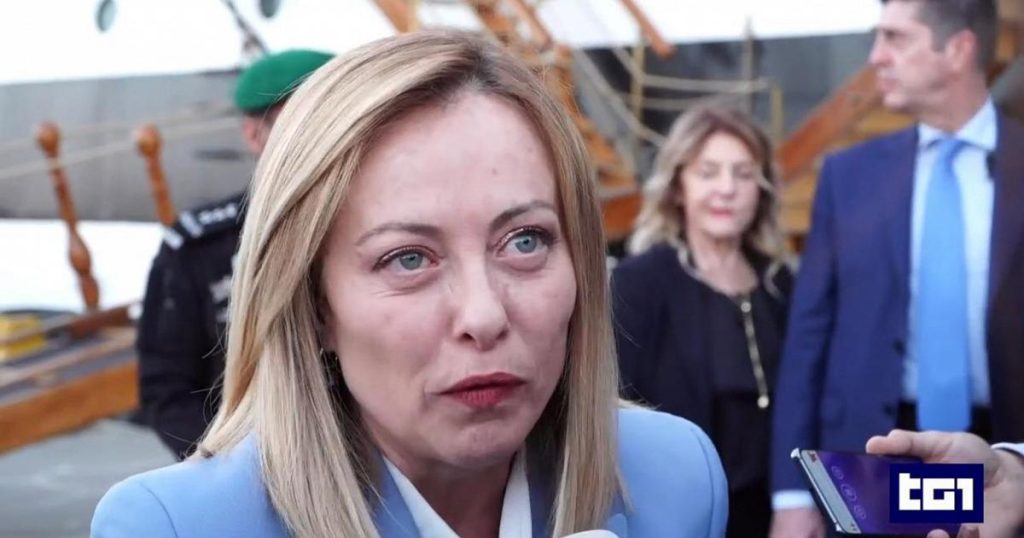"I Hope That a Healthy Discussion on Key Issues Can Resume Immediately"
In a recent address, Giorgia Meloni, a prominent political figure in Italy, emphasized the importance of resuming a constructive dialogue on major issues. Her statement came in response to remarks made by Cesare Parodi, the newly elected president of the National Association of Magistrates (ANM). Meloni’s words were seen as a significant shift in tone, reflecting a desire to move past previous confrontations and foster a more collaborative environment. This sentiment was echoed by Parodi, who welcomed Meloni’s statement as a positive development in the ongoing discussions between the government and the judiciary.
Meloni’s call for a "healthy discussion" suggests a willingness to address the tensions that have long characterized the relationship between the political and judicial branches in Italy. Her statement was particularly notable given the historical animosity between certain political factions and the judiciary, which has often been a point of contention in Italian politics. By expressing a desire to resume a constructive dialogue, Meloni appears to be extending an olive branch, signaling that her government is open to engaging with the judiciary on key issues.
Parodi, representing the judiciary, responded positively to Meloni’s overture. As the leader of the ANM, he has been a proponent of a more moderate approach within the judicial community. His reaction to Meloni’s statement was seen as a sign that the judiciary is also willing to engage in dialogue, provided that the discussions are conducted in a spirit of mutual respect and understanding. Parodi’s moderate stance has been influential within the judicial community, and his support for Meloni’s initiative could pave the way for more productive interactions between the two branches.
The role of Alfredo Mantovano, the Undersecretary to the Presidency of the Council of Ministers, also came into focus during this exchange. Mantovano, who has been a vocal advocate for reducing tensions between the government and the judiciary, welcomed Meloni’s statement as a step in the right direction. He emphasized the need to transcend past conflicts and work towards a more collaborative relationship. Mantovano also highlighted his personal commitment to this cause, revealing that he had framed and displayed a notification from the Rome Prosecutor’s Office regarding the "registry of criminal acts" in a recent case. This gesture was interpreted as a symbol of his dedication to transparency and accountability, values that are essential for rebuilding trust between the government and the judiciary.
The exchange between Meloni, Parodi, and Mantovano highlights the broader challenges facing Italy’s political and judicial systems. The country has long grappled with issues of governance, judicial independence, and political interference in the judiciary. These challenges have often led to public distrust and political polarization. By advocating for a "healthy discussion" and "superior dialogue," Meloni and Mantovano are attempting to shift the narrative and create an environment where these issues can be addressed collaboratively. Parodi’s supportive response suggests that the judiciary is also open to this approach, at least in principle.
In conclusion, the recent statements by Meloni, Parodi, and Mantovano represent a promising step towards improving the relationship between Italy’s government and judiciary. While the path ahead will undoubtedly be fraught with challenges, the willingness of key figures to engage in dialogue offers hope for a more constructive and collaborative future. As political leaders and judicial officials continue to navigate these complex issues, their ability to maintain this positive trajectory will be crucial in addressing the broader challenges facing Italian society.












